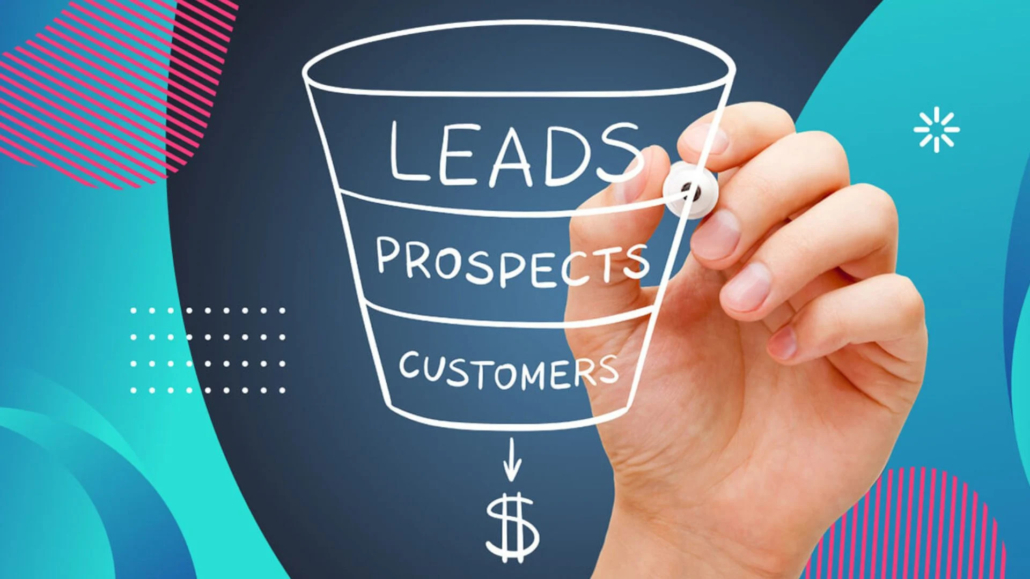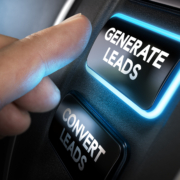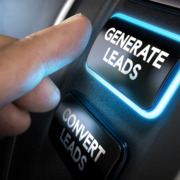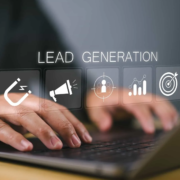What Is the Role of Spray Foam Leads in Insulation Contractor Marketing?
Marketing for insulation contractors has shifted significantly in recent years. Traditional referrals and door-to-door strategies are no longer enough to sustain consistent growth. Today, the success of a spray foam insulation business depends heavily on how well it captures and converts qualified leads. These leads are not just contact details—they represent the lifeblood of a contractor’s marketing strategy, fueling steady project pipelines and long-term business stability.
This article explores the specific role spray foam leads play in insulation contractor marketing. It highlights why lead generation matters, how it connects to customer acquisition, and how contractors can build reliable systems for attracting high-quality prospects.
The Importance of Spray Foam Leads in Contractor Marketing
Leads form the starting point of every successful insulation project. Without them, contractors face unpredictable revenue cycles and stagnant growth.
Why Leads Drive Marketing Outcomes
Leads represent people actively searching for spray foam insulation services. They bridge the gap between marketing campaigns and actual projects, making them the most valuable asset in a contractor’s marketing funnel.
- Leads identify real market demand
- They convert into scheduled consultations or quotes
- Strong lead flow ensures revenue predictability
How Lead Quality Shapes Business Growth
Not all leads contribute equally. A homeowner planning an attic retrofit has higher value than someone “just curious.” Marketing strategies need to filter prospects by intent, ensuring contractors spend time on opportunities that are most likely to close.
- High-quality leads → quicker conversions, higher ROI
- Low-quality leads → wasted time and drained budgets
How Spray Foam Leads Fit into the Marketing Funnel
The customer journey for insulation services typically follows a predictable path: awareness, consideration, and decision. Leads sit at the center of this funnel, turning broad marketing outreach into tangible business opportunities.
Awareness Stage: Capturing Attention
At this stage, homeowners may not know spray foam insulation is a solution. Educational content, such as blog posts or social media tips, helps spark interest. When they respond to a call-to-action—such as filling out a form—they become a lead.
Consideration Stage: Nurturing the Lead
Once captured, the focus shifts to nurturing. Leads often require reassurance through testimonials, case studies, or energy-efficiency comparisons before making a decision.

Decision Stage: Converting to Customers
The final role of a lead is conversion. This occurs when a contractor provides a tailored estimate and the homeowner commits to a project.
| Funnel Stage | Role of Leads | Marketing Action |
| Awareness | Identify interest in insulation | Blogs, ads, social media outreach |
| Consideration | Evaluate spray foam as a solution | Case studies, comparisons, guides |
| Decision | Choose a contractor and book service | Estimates, consultations, offers |
Digital Channels That Generate Spray Foam Leads
Most spray foam leads today originate online. Contractors who rely only on word-of-mouth often miss the volume of prospects available through digital channels.
Search Engine Optimization (SEO)
Optimized content ensures homeowners find insulation contractors when searching for energy savings or comfort upgrades. SEO generates long-term, organic leads by aligning with user intent.
Pay-Per-Click Advertising (PPC)
Targeted ads on Google or social platforms capture immediate traffic. When paired with strong landing pages, PPC can quickly produce high-intent leads.
Local Directories and Listings
Homeowners often search on platforms like Google Business Profile or Yelp. Accurate and optimized listings increase visibility and generate leads directly from local searches.
Content Marketing and Social Media
Educational content builds trust. Videos showing insulation benefits or before-and-after case studies not only engage audiences but also push them toward becoming leads.
Qualifying Spray Foam Leads for Better Conversions
Capturing leads is only the beginning. Contractors need systems to filter and prioritize them.
Indicators of a Strong Lead
- Provides accurate contact details
- Has a defined project (e.g., attic, crawl space, full home)
- Shows clear urgency (e.g., high energy bills, comfort concerns)
Tools for Qualification
CRM systems, automated follow-ups, and pre-screening questionnaires help contractors separate high value leads from casual inquiries.
Balancing Volume and Quality
An insulation business benefits more from ten strong leads that convert than fifty weak ones that never close. Tracking lead-to-sale ratios helps determine the quality of marketing sources.

Key Takeaways for Insulation Contractors
Spray foam leads are the foundation of insulation contractor marketing. They connect advertising investments to real-world projects, shaping both short-term revenue and long-term growth.
The most effective contractors don’t just chase leads—they build structured systems to capture, qualify, and convert them. By focusing on quality, leveraging digital channels, and responding quickly, contractors can transform leads into lasting customer relationships.
When insulation businesses treat lead generation as a central marketing function rather than an afterthought, they unlock consistent growth, better efficiency, and stronger market positioning.
FAQs
How do spray foam leads impact contractor marketing success?
Spray foam leads directly influence how consistently contractors can book projects. A steady flow of qualified leads reduces downtime between jobs and allows businesses to plan resources and staffing more effectively.
What makes a spray foam lead “qualified”?
A qualified spray foam lead usually has a defined project in mind, a clear timeline, and an expressed interest in insulation upgrades. These leads are more likely to convert into paying customers compared to general inquiries.
Which digital strategies are most effective for generating spray foam leads?
Search engine optimization, pay-per-click ads, and optimized local listings tend to perform best. These strategies align with how homeowners search for insulation contractors online, making it easier to capture high-intent prospects.
How can insulation contractors improve conversion rates from leads?
Responding quickly, offering transparent information, and personalizing communication significantly increase conversion rates. Contractors who follow up within 24 hours often see higher booking rates.
Is buying spray foam leads better than generating them organically?
Buying leads may provide short-term volume, but organic lead generation through SEO and content marketing often delivers higher-quality prospects. Organic leads are usually warmer, more engaged, and more likely to result in long-term customer relationships.









Leave a Reply
Want to join the discussion?Feel free to contribute!